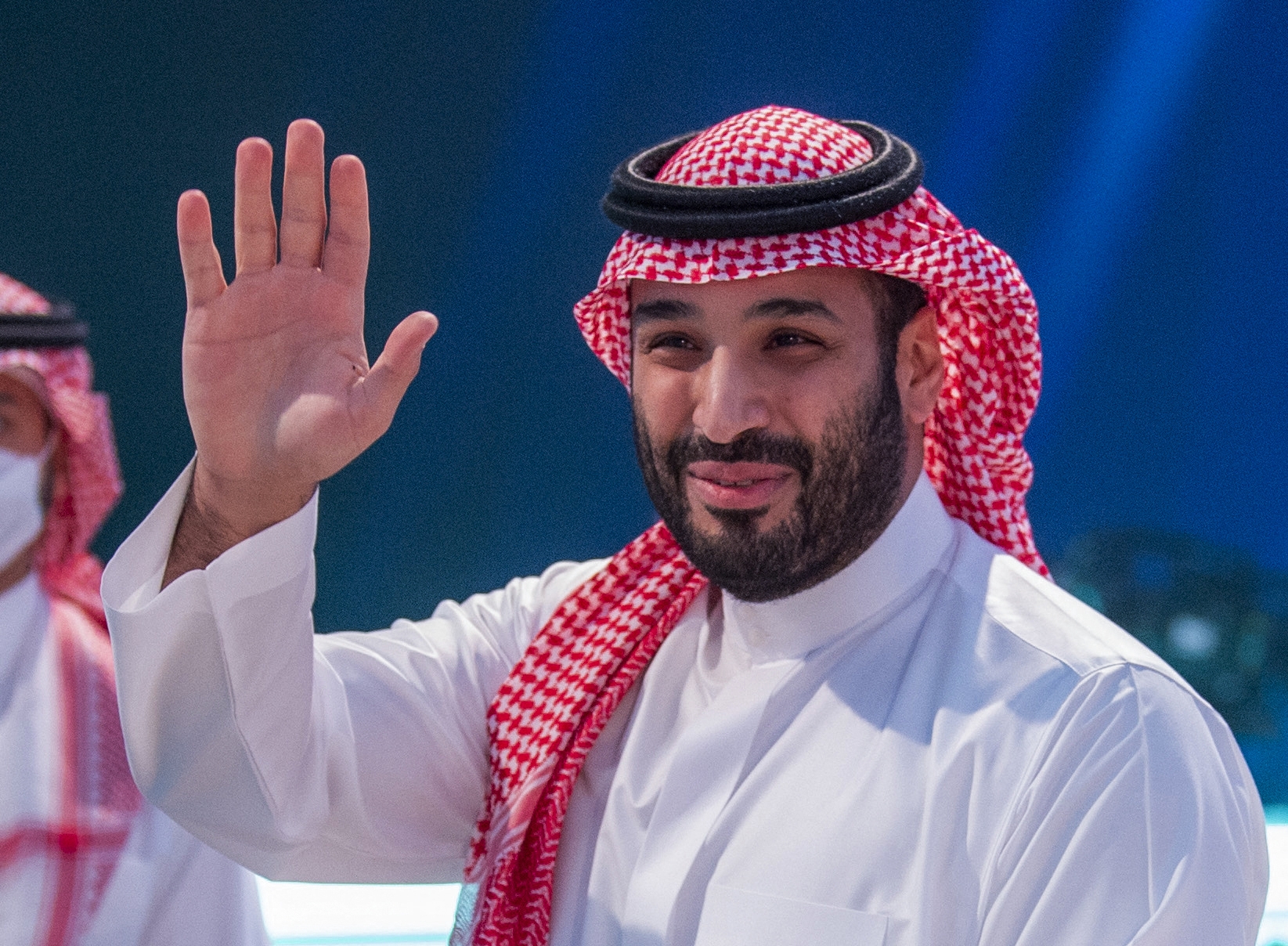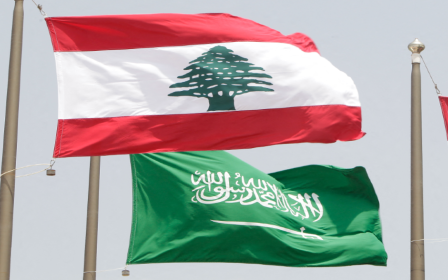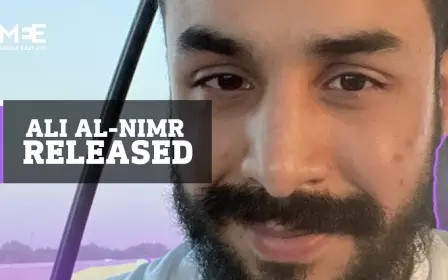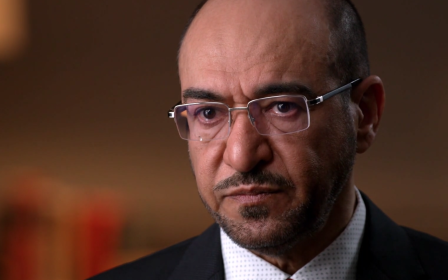Saudi Arabia deposits $3bn in Egypt central bank

Saudi Arabia’s finance ministry said on Sunday that it had deposited $3bn at the Central Bank of Egypt (CBE), in addition to extending the term for another $2.3bn in existing deposits.
The kingdom had $5.5bn worth of long-term deposits with the Egyptian central bank as of the end of March, according to CBE data.
Saudi Finance Minister Mohammed al-Jadaan told Al Arabiya TV the kingdom's latest deposit in the CBE was intended to be long-term.
A statement by the Saudi ministry suggested that the total size of its Egypt deposits had changed little since then.
The two countries have had close relations since 2013, when then Egyptian president Mohamed Morsi was removed from power by his then-defence minister Abdel Fattah el-Sisi, who is now president.
New MEE newsletter: Jerusalem Dispatch
Sign up to get the latest insights and analysis on Israel-Palestine, alongside Turkey Unpacked and other MEE newsletters
Ever since, Saudi-Egyptian relations have developed greatly, resulting in major economic agreements. In 2016, King Salman signed a $25bn economic agreement and in 2019 it pledged $7 million in development projects in Egypt.
Saudi Arabia is the second-biggest investor in Egypt, according to a statement by the Egyptian Trade and Industry Minister Nevine Gamea during the inauguration of a Saudi-Egyptian Joint Business Council.
Egypt has also backed Saudi Arabia during its diplomatic crisis with Qatar.
Saudi Arabia also deposited $3bn with Pakistan's central bank, according to Sunday's statement, and it extended $1.2bn of trade finance to support Pakistan’s balance of payments.
"The kingdom is one of the main countries that supported the foreign reserves of needy countries during the pandemic," the statement said.
Middle East Eye delivers independent and unrivalled coverage and analysis of the Middle East, North Africa and beyond. To learn more about republishing this content and the associated fees, please fill out this form. More about MEE can be found here.




